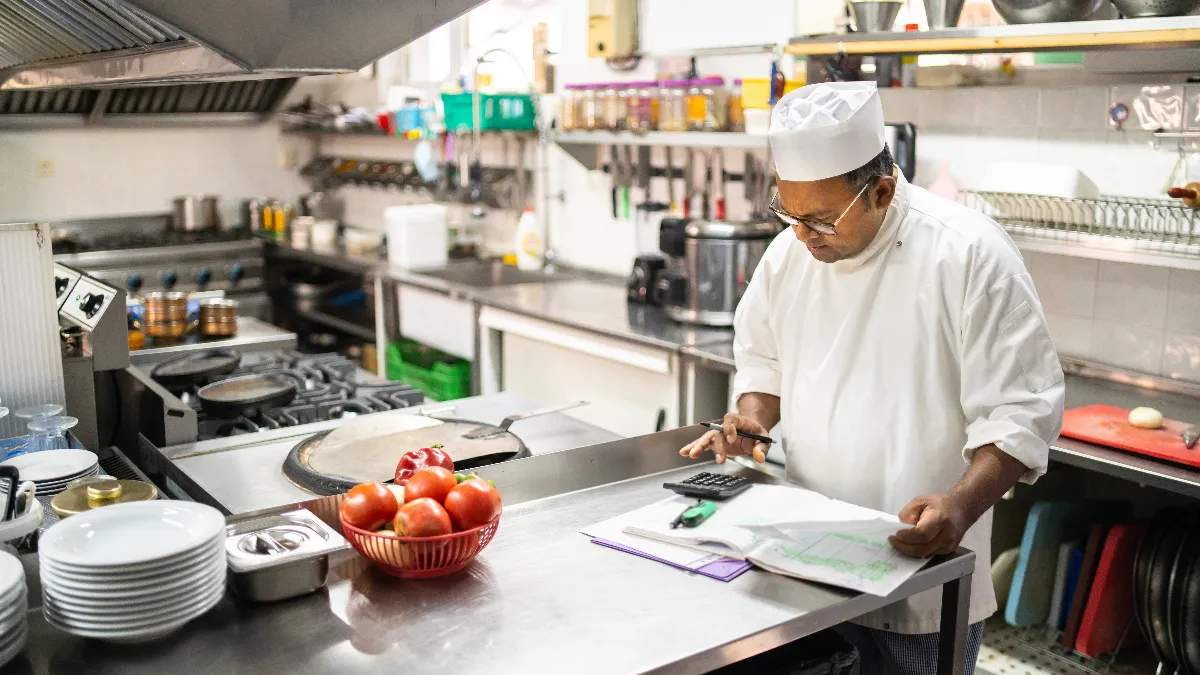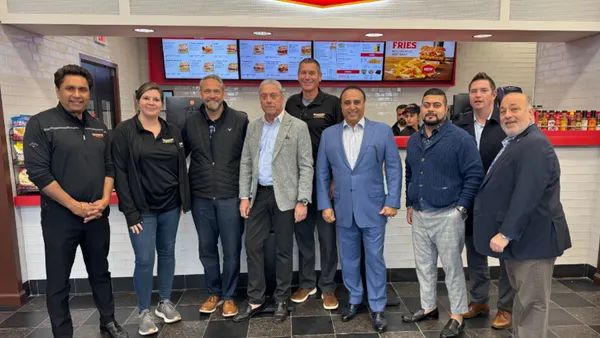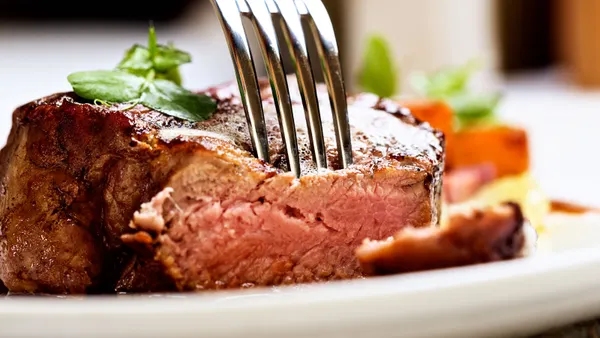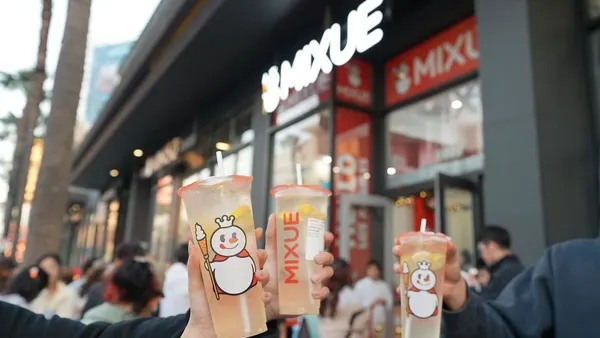Following a string of high-profile hiccups in the virtual brand space, ranging from brand sunsets to major layoffs, Restaurant Dive surveyed readers on their confidence in these off-premise only concepts.
Readers unanimously felt virtual brands would not increase in prevalence in the next year.
“A couple might have some staying power, but many (especially gimmicky ones) will fall off,” Chris Birkshaw, a restaurateur in the fast casual segment, wrote.
Readers offered several explanations for their pessimistic outlooks. Kristen Corral, a restaurant owner in Nevada, said customers sometimes found virtual brands confusing.
“The boom of virtual brands — with many being misleading — created customer confusion. I think that virtual brands are on their way out,” Corral wrote.
Luis Enrique Vega Eslava, chief operating officer and chief international officer at Robin Food — a restaurant group based in Bogota, Colombia — said virtual brands added unacceptable operational complexity and conflicted with core menu items.
Robin Food operates a combination of brick-and-mortar restaurants and virtual brands in Colombia and Brazil.
“Pixi and Muy share the oven to minimize Capex deployment. Muy is a very fast-paced assembly brand (bowls) and Pixi's slower production cycle during lunch sometimes creates a conflict with Muy's mise-en-place oven cycles,” Vega Eslava said.
This kitchen dynamic causes delays for Robin Food’s restaurant brands. The company has closed some of its virtual concepts, while others remain in its product slate, he said.
“We are pondering shutting down one of our virtual brands because sales uplift does not compensate for the operational complexity it creates,” Vega Eslava wrote. Sales have been impacted by increased delivery fees charged by third-party aggregators, resulting in falling delivery sales for Robin Food, Vega Eslava said.
Roughly half of readers surveyed said their delivery sales slipped. Half of the remaining respondents said their delivery sales were flat, while the other half reported delivery sales gains.
Corral, who operates a virtual brand out of one restaurant, said her delivery sales were down. John Horvatinovich, a restaurateur in the Washington, D.C., area, said his delivery sales were up, but that his group does not offer and is not considering offering virtual brands.
Vega Eslava said virtual brand quality was not to blame for falling sales.
“It's not really a problem with our brands,” Vega Eslava wrote. “After the pandemic, the delivery platforms have substantially increased the delivery fees… Also local inflation in both Colombia and Brazil have pushed prices higher. The end result is that the average ticket has gone up substantially and obviously this has impacted the overall number of transactions.










